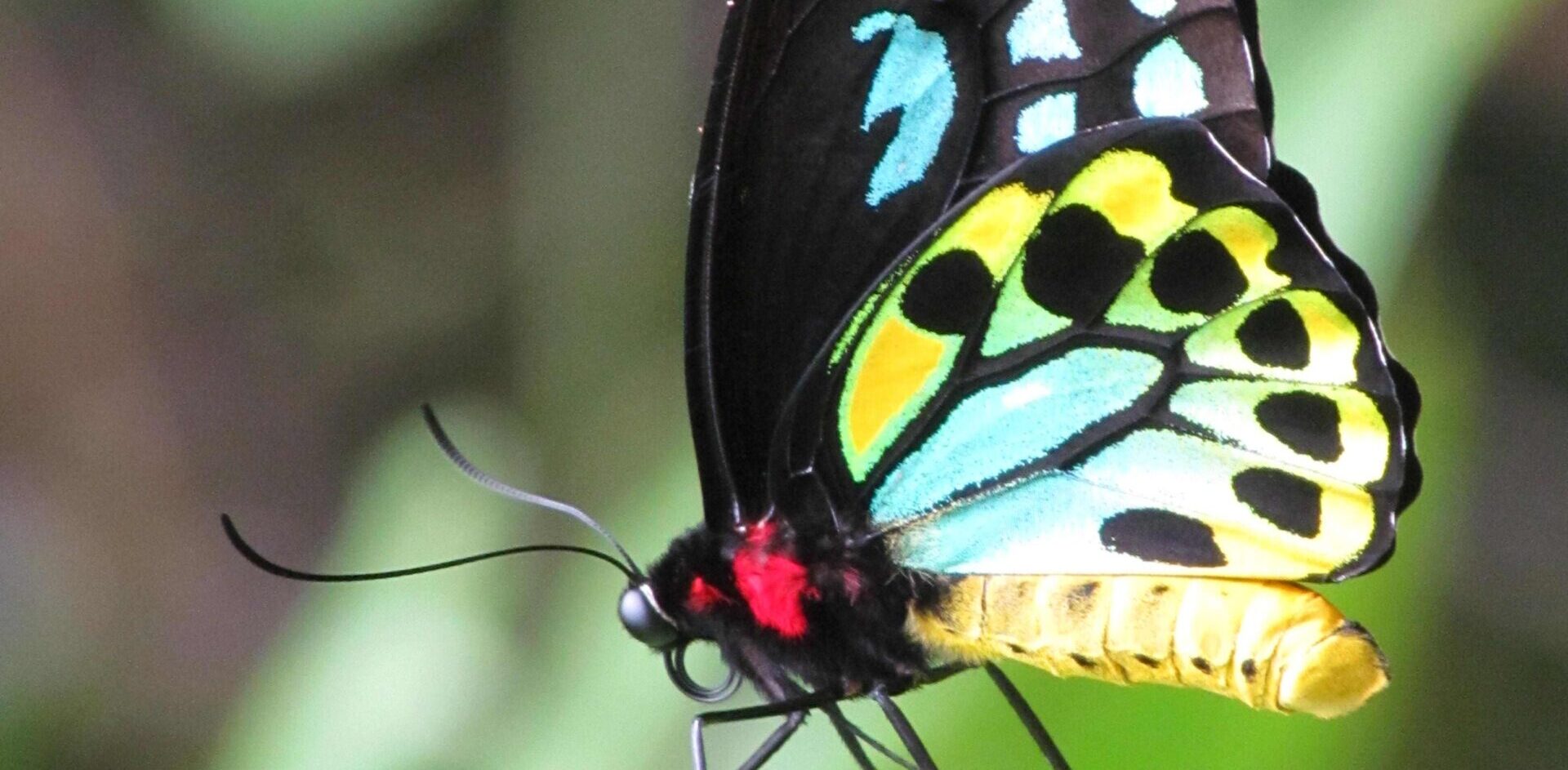The Newsletter of Humane World for Animals' Wildlife Land Trust • Issue 30 • 2025 Read More
A new national animal welfare standard for poultry has been announced today, following an independent review and seven long years of deliberations, frustrated by industry lobbying. The new standard finally sets a deadline to end the use of barren battery cages—but not until 2036.
The review of the poultry standard began in 2015 and a public inquiry in 2018 attracted strong public interest with almost 170,000 public submissions, the vast majority of which called for a cage ban. After the process stalled, an independent panel appointed by the review of the Australian Poultry Standards and Guidelines recommended a phase out between 2032 and 2036, and the standard announced today sets that as the agreed national deadline.
The confinement of layer hens to battery cages is cruel and out of step with community expectations, says animal welfare organisation Humane Society International. Battery cages are no larger than an A4 piece of paper, and prevent a host of natural behaviours such as roosting, nesting, foraging, and dust-bathing.
Considering egg industry lobbying threatened to derail the process, Humane Society International is pleased a deadline has been agreed, but says it should be treated as a final back stop on cruelty. State governments should do the right thing and legislate more rapid phase outs of battery cages.
More than 300 companies around the world have already pledged their move to cage-free eggs, and 30 of 36 nations of the OECD have already outlawed or are winding up conventional battery cages. Countries such as Switzerland, Austria, the United Kingdom and the European Union have all completely phased out battery cages before our 7-year review even started.
Georgie Dolphin, animal welfare campaigner for Humane Society International Australia said, “The science is clear, and public sentiment is clear, that’s why so many corporations and countries have banned cruel cages already. Industry has had plenty of warning that a deadline is coming, the market has been heading that way for years.
“Up to 55 million more hens could suffer in battery cages over the next 14 years. Humane Society International is calling on state governments to put in place faster phase out deadlines so that Australia catches up with the global movement away from cruel cages.
“We are also calling for an overhaul of the animal welfare standard setting process. That this review took 7 years, is indicative of a system that’s dysfunctional and in dire need of reform.”
Notes:
- Among the recommendations of an independent panel was the phase out of battery cages between 2032 and 2036, as shown on page 30: https://parlinfo.aph.gov.au/parlInfo/download/publications/tabledpapers/f24e63d8-5fab-4736-b62a-0ca637a63a08/upload_pdf/OPD%201146_Redacted.pdf
- HSI is a member of the Australian Alliance for Animals that is working to tackle the underlying inequalities in Australia’s animal welfare system. HSI – together with the Alliance – is calling for:
- the establishment of truly independent authorities for animal welfare
- the creation of ministerial portfolios for animal welfare separate to agriculture, and
- an independent, consistent and transparent legislated process for the development of animal welfare standards (which determine how millions of Australian animals spend their lives).
- The Albanese Government has made the following commitments:
- They pledged to invest $1 million each year to fund the ‘Inspector-General for Animal Welfare’ to oversee national animal welfare strategy, with the aim of increasing accountability and transparency in animal welfare policy
- They committed to investing $5 million over four years to renew the Australian Animal Welfare Strategy, an important national initiative which was defunded by the Coalition Government almost a decade ago.
Battery cage bans around the world:
|
Battery cage phase out date |
Country |
|
1992 |
Switzerland |
|
2010 |
Austria |
|
2012 |
Belgium, Bulgaria, Croatia, Denmark, Estonia, Finland, France, Germany, Greece, Hungary, Ireland, Italy, Lithuania, Luxembourg, Malta, Netherlands, Norway, Poland, Portugal, Republic of Cyprus, Romania, Slovakia, Slovenia, Spain, Sweden, United Kingdom |
|
2021 |
Iceland |
|
2022 |
New Zealand |
|
2024 |
Mexico |
|
2027 |
Czech Republic, Czechia |
|
2029 |
Israel |
|
2036 |
Canada |


